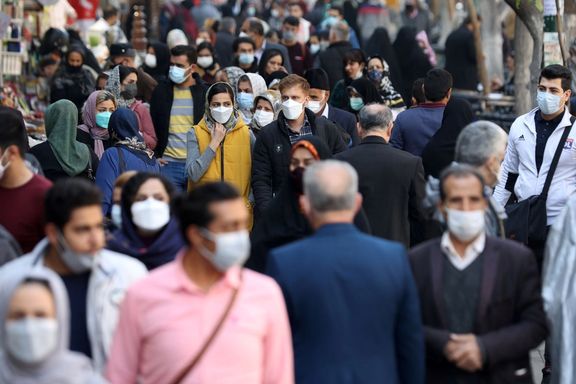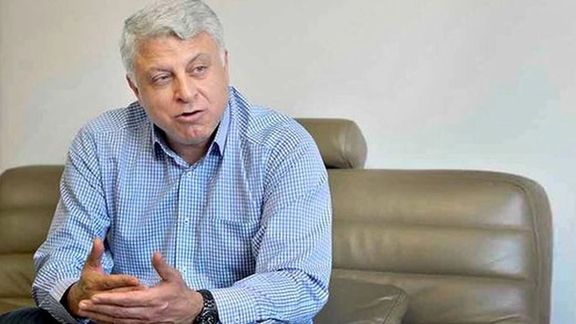Iranians Debate If A Nuclear Deal Will End Their Economic Crisis

The most crucial issue for politicians, pundits and ordinary Iranians is whether a nuclear agreement with the West can solve their critical economic problems.
Reformist politician Fayyaz Zahed is concerned that a nuclear deal does not provide enough guarantees for strengthening Iran's ties with the West. What can help Iran boost relations with Western countries are project-based bilateral agreements, he said.
Zahed wrote in a commentary in the reformist daily Etemad that a nuclear agreement will pave the way for settling Iran's other international disputes. Meanwhile, he stressed that the JCPOA will be meaningful for Iran only if the country has a bigger plan for its development.
In a controversial part of the commentary he said that the United States is hated as Russia, China and the United Kingdom in Iran, however, he did not offer any proof for his statement. Nonetheless, he said Iran wishes to work with all of those countries.
US sanctions since 2018 have created a serious crisis for Iran's already weak economy, driving annual inflation to more than 50 percent and impoverishing ten of millions of people.
Referring to a statement by reformist commentator Saeed Laylaz during the past week, Zahed pointed out that one of the most important points was that Iran is suffering from systematic corruption and that it looks like a barrel with no bottom, so whatever investment you make in it will be lost.

On the other hand, hardline conservative commentator Nasser Imani told reporters in Tehran that the United States will continue nuclear negotiations with Iran until the last moment but will refrain from making a final deal.
In his pessimistic analysis, Imani said that because of US behavior in the past when it withdrew from the 2015 nuclear deal, it will take a long time for major foreign companies to begin investing in Iran.
Shifting from pessimism to immature optimism, Imani said, "The negotiations finally reached positive results based on mutual understanding. As a result, the sanctions will be hopefully lifted. But the question is that to what extent the lifting of sanctions will lead to an improvement in Iran's economy?"
However, Imani said that in the short run, an agreement will lead to a drop in prices in Iran, but this is not going to be more than 10 to 15 percent. But in the long run, it is Iran's domestic problems that are responsible for some 80 percent of the country's economic crisis. Imani urged President Ebrahim Raisi to change his economic team at once.
Lawmaker Behrouz Mohebbi in an interview with Rouydad24 website complained that protesters gather outside the parliament daily demonstrating against economic hardships. He argued that Iranians are not feeling well under current economic pressures.
Mohebbi said that the government's slow reaction has annoyed the people to the extent that they travel from distant parts of the country to protest in front of the parliament.
He added that the government's attitude has also affected the parliament. Currently more than 60 bills are awaiting legislative action, and it takes a long time to examine all of them. Mohebbi particularly pointed out bills about pay adjustment for teachers and pensioners which regularly bring hundreds of people to the streets in protest. Salary increases for teachers have been delayed for 45 months now, he said, but the government has not taken any steps to address the issue as it is busy working on solutions for other problems.
Although the lawmaker did not mention it, but lack of money is the main reason why the government delays a pay raise, not only for teachers but a host of other government workers, except key security forces.